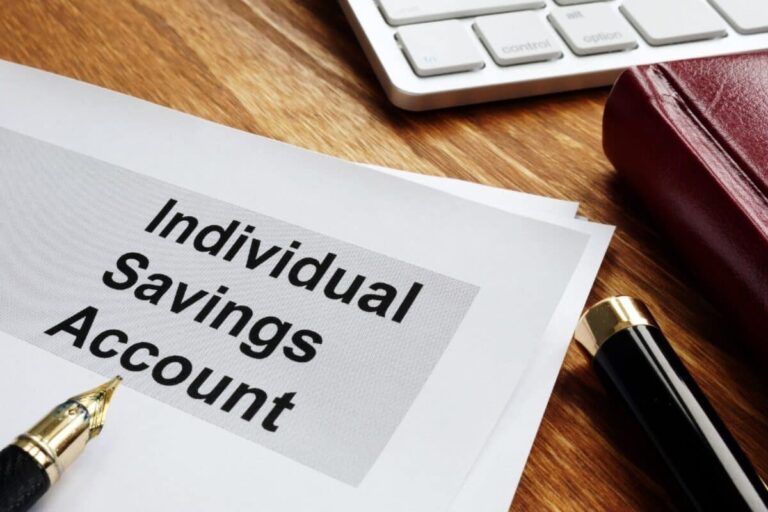
Image source: Getty Images
Plenty of experts have been warning that the S&P 500 is ready to crash. Valuations are stretched. Some fear artificial intelligence (AI) hype has stoked a bubble. Others fear tariffs could stoke inflation.
On Friday morning (22 August), all eyes were on US Federal Reserve Chair Jerome Powell’s Jackson Hole speech. If Powell was bearish about interest rate cut prospects, the US crash might come. He wasn’t. It didn’t. The S&P 500 jumped 1.52% instead.
Volatile share prices
I’ve got a lot of exposure to the S&P 500. When I set up my Self-Invested Personal Pension, I put around 20% into the Vanguard S&P 500 ETF. I put another 10% into the Legal & General Global Technology Index Trust, dominated by US tech. And they’ve both done pretty well.
I invested the rest of my SIPP in individual FTSE 100 stocks, and a handful from the FTSE 250. And you know what? Overall, they’ve done better than my US trackers. Plus buying shares is much more fun than passively following the market.
I’ve had some flops (Glencore, Diageo), but my big winners like Rolls-Royce Holdings, 3i Group, Lloyds Banking Group, Just Group, and Costain Group have more than compensated. The income from high-yielding dividend stocks like M&G and Phoenix Group Holdings is rolling up nicely.
I’m looking to buy more but have to sell first to raise cash. And I’m thinking of selling a chunk of my S&P 500 tracker. I’m not trying to time the market. Or flee a potential crash. That’s a mug’s game. I’m selling because my personal experience shows that over the long term, my money should work harder in direct equities. It’s potentially risker, though.
My FTSE shopping list features Bunzl, HSBC Holdings, RELX, Taylor Wimpey, FTSE 250 engineer Goodwin, and data specialist London Stock Exchange Group (LSE: LSEG).
Why London Stock Exchange Group is tempting
The London Stock Exchange Group has had a tough run, with the share price down 10% in the last month and 5.5% over the year. In fact, it’s gone sideways for the last five years.
Yet first-half results, published on 31 July, were strong. Adjusted earnings per share jumped 20.1% to 208.9p, while management lifted the interim dividend 14.6% to 47p and announced a £1bn share buyback. It has a big growth opportunity as it works with Microsoft to develop AI solutions for banks and asset managers.
Yet AI could backfire by cutting City headcounts, meaning fewer users for London Stock Exchange tech, and lower earnings. That’s a concern because the group is priced for growth with a price-to-earnings ratio of 26.
Analysts remain bullish. Of the 18 covering the stock, 14 rate it a Strong Buy, one says Buy, and three say Hold. None recommend selling. The consensus one-year target is 12,595p, which would be a massive 33% gain from today.
That looks a bit hopeful to me, but I think the company is worth considering with a long-term view. I’d love to buy on a dip. Sadly, these things can’t be timed, but one thing is certain: from here, it’s direct equities for me.








